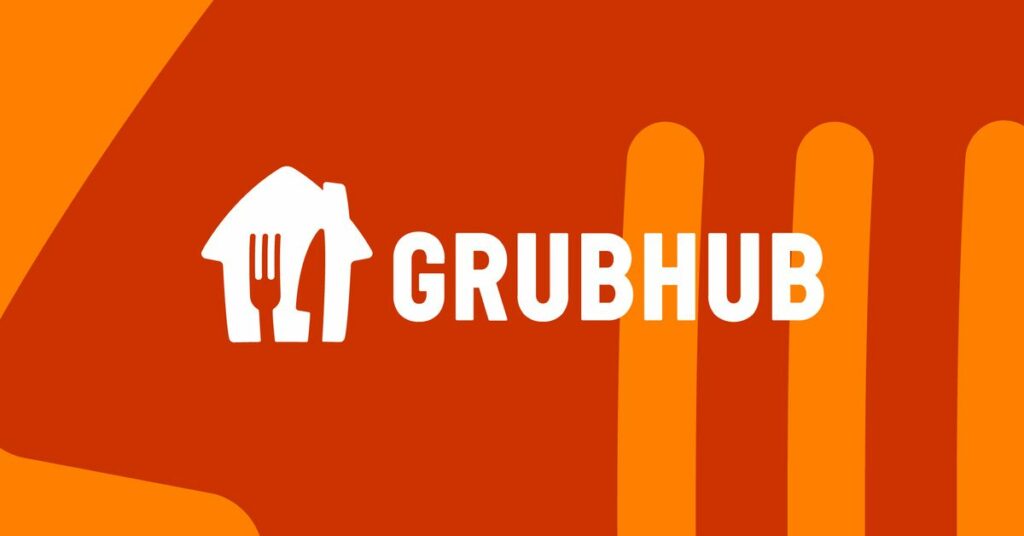
Grubhub pays $25 million for allegedly tricking customers and lying to drivers
Food delivery giant Grubhub has agreed to pay $25 million to settle a Federal Trade Commission (FTC) lawsuit alleging the company misled its customers, deceived its drivers, and unfairly damaged the reputation of restaurants that did not partner with them.
The FTC initially filed a complaint in 2024 accusing Grubhub of a range of deceptive practices. According to the agency’s charges, Grubhub tricked customers by showing them inflated hourly pay rates for drivers and hiding the true cost of its services by adding delivery fees that increased the price of orders. The company also allegedly advertised “free” or “$0” deliveries to Grubhub Plus members while charging them for the service.
The FTC claimed that Grubhub makes it easy for customers to sign up for Grubhub Plus, but difficult to cancel. Additionally, the agency alleged that the company blocked the accounts of users with large gift card balances.
Furthermore, the FTC accused Grubhub of charging hidden fees, resulting in higher order prices for consumers. According to the agency’s allegations, this is a result of Grubhub’s practice of adding “junk fees” to orders without disclosing them to customers.
As part of the settlement, Grubhub has agreed to make several changes to its platform. The company must now show customers the full cost of delivery upfront and refrain from adding “junk fees” to orders. Additionally, it is prohibited from listing unaffiliated restaurants on the platform, which were added without their consent.
Grubhub is also banned from making driver earnings claims that cannot be backed up by evidence or in writing. The company must notify customers when they are banned and offer a way to appeal the decision. Moreover, Grubhub is required to make it easier for users to cancel their Grubhub Plus subscriptions.
In response to the settlement, a Grubhub spokesperson issued a statement denying many of the allegations made by the FTC, claiming that some are “wrong” or “no longer applicable.” However, the company decided to settle the matter in order to move forward and focus on its business.
Source: www.theverge.com


